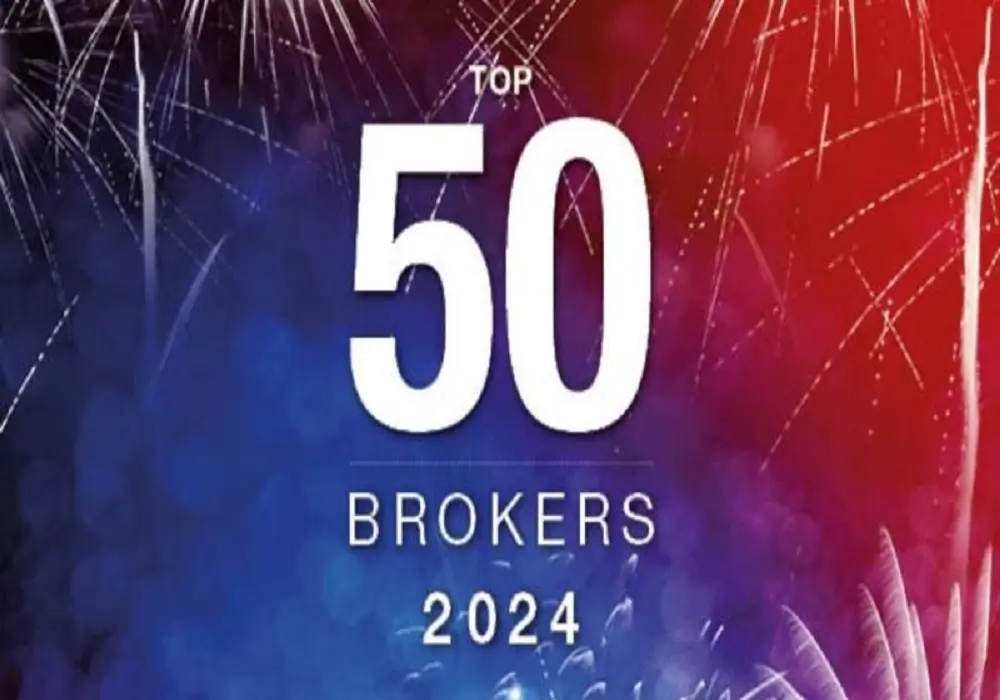In today’s rapidly evolving business landscape, Environmental, Social, and Governance (ESG) factors have become crucial considerations for companies worldwide. This shift has not only influenced large corporations but also impacted smaller enterprises and brokers within various industries. However, a notable divide appears to be emerging regarding how companies of different sizes address their ESG commitments. The question arises: Is the size of a business influencing brokers’ dedication to sustainability?
The Corporate Giants: Leading the ESG Charge
Large corporations, often symbolic of robust financial power and resource availability, have been at the forefront of integrating ESG principles into their business models. Due to the increasing pressure from investors, regulators, and consumers, many of these companies recognize ESG not only as a compliance necessity but as a strategic advantage. They possess the resources to implement comprehensive sustainability strategies, conduct thorough ESG assessments, and make meaningful strides towards sustainability goals.
Brokers working with these large entities are generally well-versed in ESG criteria. They frequently provide insights into sustainable investment opportunities and often serve as conduits between their corporate clients and the evolving ESG landscape. The financial and reputational incentives make it easier for these brokers to commit seriously to ESG goals, knowing that their clients’ sustainability achievements reflect positively on their own business.
Small to Mid-Size Enterprises: Struggling to Keep Pace
Conversely, small to mid-size enterprises (SMEs) face a distinct set of challenges when it comes to ESG commitments. Resource limitations, financial constraints, and lack of expertise are significant hurdles that these businesses must overcome to fully engage with ESG principles. Unlike their larger counterparts, SMEs may lack the financial muscle to invest in long-term sustainability initiatives or hire dedicated ESG consultants.
Brokers serving these smaller enterprises often find themselves navigating a delicate balance. On one hand, they need to educate their clients about the importance and benefits of ESG; on the other, they must be sensitive to the financial constraints and immediate business priorities of these firms. The lack of a robust ESG framework can result in inconsistent commitment levels among brokers working within this segment.
The Regulatory Push and Incentive Gap
The regulatory environment has played a pivotal role in shaping ESG commitments across the business spectrum. Governments and international bodies are increasingly stipulating requirements for companies to disclose ESG-related data and meet specific sustainability standards. While large corporations have the capability to meet these demands, SMEs often find themselves struggling to comply.
This compliance burden can strain relations between brokers and their smaller clients, potentially leading to missed opportunities in sustainable investments. Many brokers find themselves acting as intermediaries, trying to bridge the gap between complex ESG requirements and their clients’ capabilities. However, without sufficient incentives or support, achieving meaningful ESG progress in this sector remains a challenge.
Innovative Solutions: Bridging the Divide
Despite the challenges, innovative solutions are emerging to bridge the ESG divide between large corporations and SMEs. Technology has become a critical enabler, providing accessible tools for sustainability assessments, data reporting, and ESG tracking. These technological advances democratize access to ESG expertise, allowing smaller brokers and their clients to engage more effectively in sustainability initiatives.
Collaborative networks and partnerships also offer promising paths forward. By collaborating with larger industry players or ESG-focused organizations, SMEs can leverage shared resources and expertise to bolster their sustainability efforts. Similarly, brokers can partner with ESG specialists to broaden their offerings and enhance their clients’ sustainability journeys.
The Role of Brokers: A Catalyst for Change
Brokers, irrespective of the size of their clientele, play a pivotal role as catalysts for change in the sustainability movement. By fostering awareness, educating clients, and offering tailored solutions, brokers can drive ESG commitment across the business spectrum. For smaller enterprises, this might involve demystifying ESG jargon and demonstrating the long-term economic benefits of sustainable practices.
For larger corporations, brokers can facilitate deeper integration of ESG principles into business strategies, encouraging continued innovation and adaptation. Regardless of business size, brokers have the unique opportunity to shape their clients’ sustainability narratives, ensuring that ESG commitments are not only top-down mandates but are ingrained in the organizational culture.
Conclusion: A Call for Collective Action
The ESG divide between large corporations and smaller enterprises is an undeniable reality, influenced largely by resource availability and regulatory pressures. However, this divide should not be perceived as insurmountable. Through collective action, shared knowledge, and innovative solutions, brokers can lead the charge in ensuring that sustainability becomes a universally attainable goal, regardless of a company’s size.
As the global business community continues to grapple with environmental and social challenges, it becomes imperative that brokers actively contribute to bridging the ESG divide. By doing so, they reinforce their role not just as intermediaries but as vital participants in building a sustainable future for industries worldwide.












